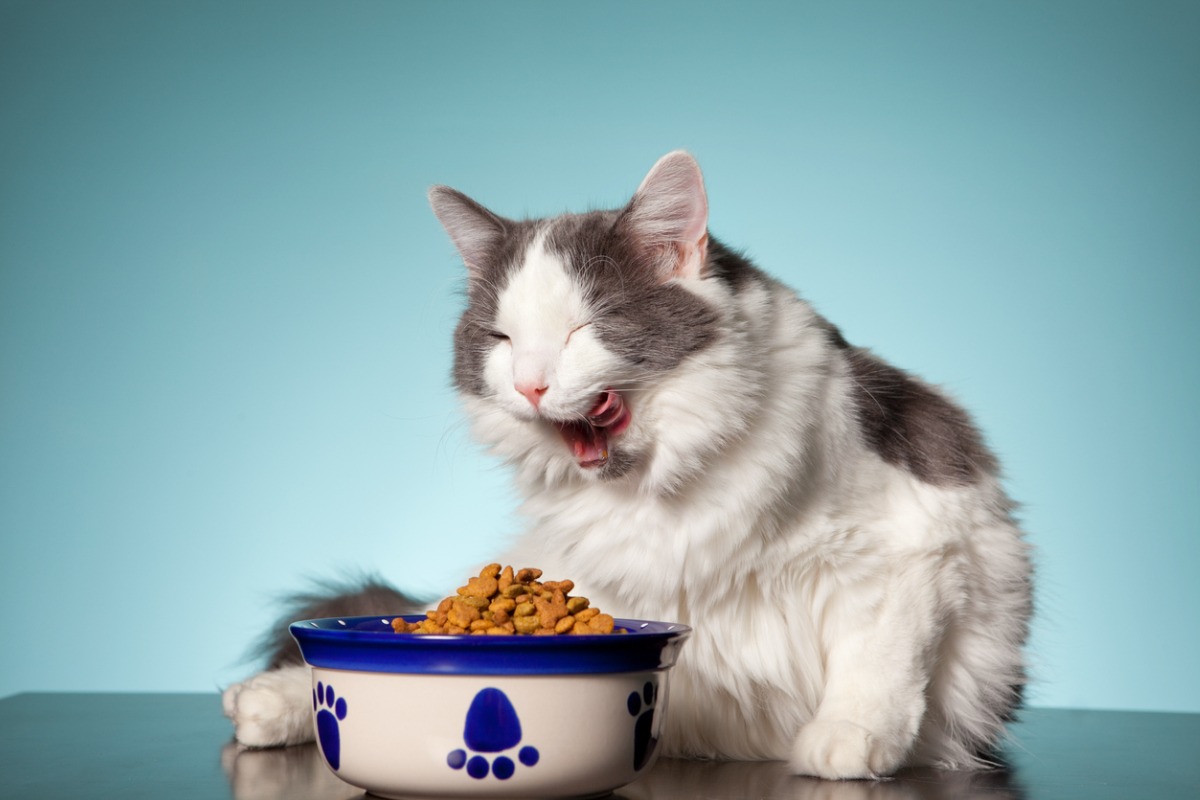According to data from IBISWorld, there has been a 20 per cent increase in Australian pet food businesses over the past three years, but still no official pet food regulation standards exist.
Combined with an increase in pet ownership since the beginning of the pandemic, industry professionals are calling for a nationally consistent framework for pet food to ensure compliance with industry standards.
Taking things into their own hands, the Pet Food Industry Association of Australia (PFIAA) and the Australian Veterinary Association (AVA) have created PetFAST, an early warning system for potential food-related issues.
Carolyn McGill, Executive Manager at the PFIAA, said that vets are on the frontline and have many conflicting demands to deal with on a daily basis.
“PetFAST exists to help vets support their clients, and to alert the industry but can also act as a referral or second opinion to support the suspected diagnosis,” she said.
The system is designed to identify patterns and prevent potentially dangerous situations from escalating by allowing vets to lodge reports for suspected adverse food-related events.
The reports are monitored by both the AVA and PFIAA to identify trends and support vets as they seek to protect pets from potentially harmful foods.
“PetFAST ultimately exists to protect our pets. The scheme allows vets to easily report a suspected event linking them with specialist vets in small animal nutrition and toxicity,” said McGill.
Currently, there is only a voluntary pet food standard managed by the PFIAA, and neither they nor the AVA, have the power to enforce this standard with non-PFIAA registered companies.
McGill said the voluntary standard for the manufacturing and marketing of pet food must be made mandatory for the health and safety of pets nationwide.
“We would absolutely love to see pet food regulation,” said McGill. “Having pet food regulation, with a mandatory standard in Australia, would increase manufacturer and importer accountability and introduce enforcement powers to mandate recalls when adverse events occur.
“Currently, the PFIAA and AVA have no power to force non-PFIAA pet food companies to investigate adverse events, follow up or make changes to their processes to safeguard food for our pets,” she said.



To stay up to date on the latest industry headlines, sign up to the Pet Industry News e-newsletter.

